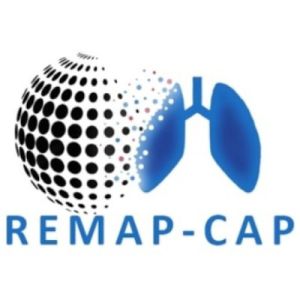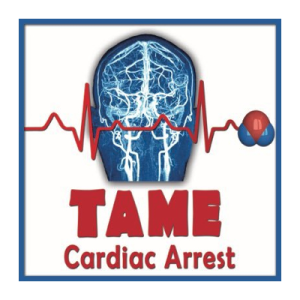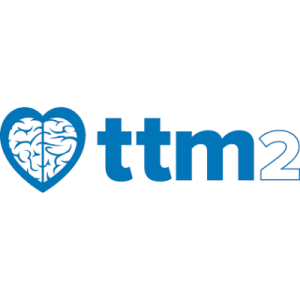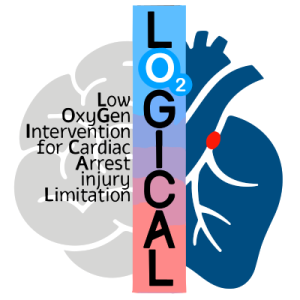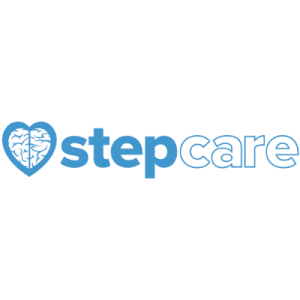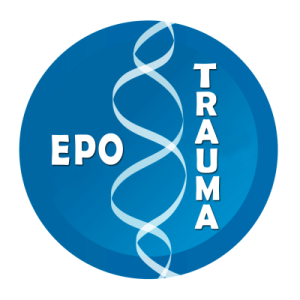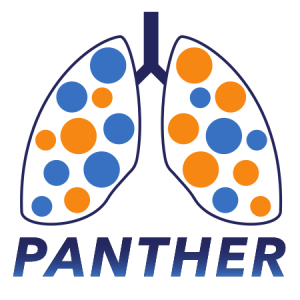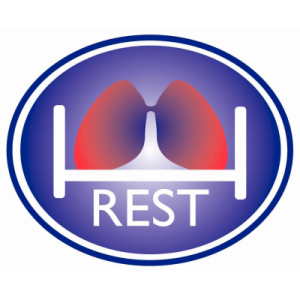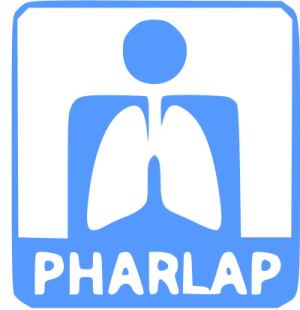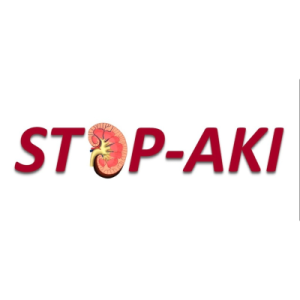Our Research Activity
1. Pandemic Preparedness
An effective epidemic response depends on how well prepared we are. This starts before the pandemic begins. The ISARIC SPRINT-SARI study is a global prospective observational study that has been enrolling patients with severe acute respiratory infections since 2015, increasing knowledge of these infections in inter-epidemic times, in preparation for a future pandemic.
The GENOMICC study is an ongoing global research project aimed at understanding the genetic factors that influence individual responses to critical illnesses such as COVID-19, sepsis, and influenza. By identifying genetic markers, the study seeks to improve patient outcomes through personalized medicine approaches. The initiative collaborates with intensive care units worldwide to collect DNA samples from patients experiencing critical illnesses, aiming to discover why some people are more susceptible to these conditions than others.
The REMAP-CAP trial is an international project designed to evaluate various treatment strategies for critically ill patients, particularly those with community-acquired pneumonia, including COVID-19. It uses an innovative adaptive platform trial design to test multiple interventions simultaneously, allowing for the efficient identification of effective treatments. This approach can rapidly adjust to include new therapies and patient groups based on emerging evidence, aiming to improve outcomes for critically ill patients worldwide.
2. Out-of-Hospital Cardiac Arrest
The TAME trial explored the impact of mild hypercapnia versus normocapnia on neurologic outcomes in coma patients post-out-of-hospital cardiac arrest. It randomized patients into two groups for 24 hours of either mild hypercapnia (targeted PaCO2 50 to 55 mm Hg) or normocapnia (targeted PaCO2 35 to 45 mm Hg). The primary endpoint was favorable neurologic outcome at 6 months. The study found no significant difference in neurologic outcomes or mortality between the two groups, suggesting that mild hypercapnia does not improve neurologic recovery compared to normocapnia in this patient population.
The TTM2 trial investigated the effectiveness of targeted temperature management at 33°C versus normothermia with fever control in 1900 patients after out-of-hospital cardiac arrest. The study found no significant difference in survival or neurological outcomes between the two groups. This challenges previous beliefs about the benefits of cooling in such patients, suggesting that induced hypothermia may be no better than simply avoiding fever.
The LOGICAL trial is a research initiative by Monash University and the Australian and New Zealand Intensive Care Research Centre. It aims to investigate the effectiveness of oxygen therapy strategies in improving outcomes for patients with COVID-19 related acute respiratory distress syndrome (ARDS). This trial focuses on optimizing oxygenation targets to enhance patient recovery and reduce the impact of COVID-19 on the respiratory system.
After successful resuscitation, patients who survive a cardiac arrest often remain severely ill and require intensive care. Controlling depth of sedation, body temperature and mean arterial pressure are potential treatments that may prevent brain damage. The STEPCARE trial aims to study how to best apply these interventions.
The STEPCARE trial is an international, investigator-initiated, randomized trial on three different aspects of standard care after out-of-hospital cardiac arrest. In a 2x2x2 factorial design we will compare the effect of continuous sedation vs. minimal sedation, fever management with a device vs. without a device and a higher blood pressure target vs. a lower blood pressure target.
The primary outcome of the trial will be survival at 180 days with secondary outcomes including neurological function and health-related quality of life.
Starting in 2023 the trial will include 3500 participants in Europe, Australia, New Zealand and Asia.
3. Trauma
The BONZA trial focuses on optimizing blood transfusion strategies in trauma patients with significant bleeding. It aims to investigate the effectiveness and safety of using a ratio-based transfusion of blood components to improve outcomes in these patients. The goal is to determine the best transfusion practices that can lead to better survival rates and recovery in critically injured individuals.
The EPO-TRAUMA trial is a multi-centre, stratified, double-blind, randomised, placebo-controlled trial of erythropoietin alfa versus placebo in mechanically ventilated critically ill patients following traumatic injury. The primary aim of the study is to determine the efficacy of epoetin alfa compared to placebo in reducing mortality and severe disability at six months in critically ill trauma patients.
4. Acute Respiratory Failure
Mega-ROX: Multiple phase 3 multi-centre, randomised, registry-embedded, single blinded clinical trials comparing conservative oxygen therapy to liberal oxygen therapy in mechanically ventilated adults in the intensive care unit nested within a 40,000 patient mega trial.
PANTHER is a Bayesian adaptive platform randomized clinical trial studying novel interventions to improve outcomes for patients with acute hypoxaemic respiratory failure. Based on identifying hyper- and hypo-inflammatory phenotypes, PANTHER will initially test simvastatin and baricitinib in patients with the acute respiratory distress syndrome (ARDS).
The REST trial investigated whether using lower tidal volume mechanical ventilation with extracorporeal carbon dioxide removal improves outcomes in patients with acute hypoxemic respiratory failure. The trial was stopped early due to futility and feasibility. The 90-day mortality rate was similar in both groups (41.5% vs. 39.5%). However, the extracorporeal carbon dioxide removal group had fewer ventilator-free days (7.1 vs. 9.2 days), and more serious adverse events were reported in this group (31% vs. 9%).
PHARLAP investigated if a maximal lung recruitment strategy would reduce ventilator-free days in patients with acute respiratory distress syndrome (ARDS). The trial was halted after enrolling 115 out of a planned 340 patients. There was no significant difference in ventilator-free days, mortality, or barotrauma between the maximal lung recruitment group and the control group. However, the intervention group had reduced use of new hypoxemic adjuvant therapies and an increased rate of new cardiac arrhythmias.
5. Acute Renal Failure
The REVIVAL trial, a phase-3 study, investigated the efficacy and safety of ilofotase alfa, a recombinant human alkaline phosphatase, in patients with sepsis-associated acute kidney injury (SA-AKI). Despite showing potential in phase-2 trials, this international, double-blinded, randomized-controlled trial did not demonstrate improved 28-day survival rates with ilofotase alfa treatment compared to placebo. However, there might be a reduction in Major Adverse Kidney Events within 90 days (MAKE90), without raising safety concerns. The trial highlights the challenges in finding effective treatments for SA-AKI.
The STARRT-AKI trial assessed early versus standard initiation of renal-replacement therapy in critically ill patients with acute kidney injury (AKI). This randomized, controlled trial found that early initiation did not significantly reduce 90-day mortality compared to a standard approach. Additionally, early initiation led to longer durations of renal-replacement therapy and increased ICU and hospital stays. Recovery rates of kidney function were similar between both groups. The study suggests careful consideration of the timing for initiating renal-replacement therapy in AKI patients
The STOP-AKI trial assessed the efficacy of human recombinant alkaline phosphatase in treating patients with sepsis-associated acute kidney injury. This randomized, placebo-controlled trial aimed to determine whether the treatment could improve kidney function and outcomes. The findings contribute valuable insights into the management of acute kidney injury in a critical care setting, highlighting the ongoing search for effective therapies.
Pickkers.Effect of Human Recombinant Alkaline Phosphatase on 7-Day Creatinine Clearance in Patients With Sepsis-Associated Acute Kidney Injury: A Randomized Clinical Trial. JAMA 2018;320(19):1998-2009

